In the worlds of fitness, athletics and bodybuilding, you'll hear everyone talking about Protein Powders and Mass Gainers. Although both play important roles, they cater to different needs and objectives. So what's the difference, and which one is right for you?
Protein Powders
Protein powders are primarily made up of proteins, essential for muscle repair, recovery, and growth. These supplements are typically low in carbohydrates and fats, making them a concentrated source of protein that supports lean muscle mass development.¹ A high quality Protein Powder will contain all 9 amino acids (making it a "complete protein") and should not contain any added sugars or artificial colours.²
Protein Powder Key Benefits:
- Muscle Repair: Accelerates the recovery process post-exercise by repairing muscle tissues. ³
- Lean Muscle Growth: Supports the development of lean muscle mass.⁴
- Metabolic Boost: Aids in boosting metabolism, supporting fat loss efforts.⁵
Protein powders, especially those derived from quality plant-based sources, are also easily digestible, reduce the likelihood of bloating, acne and fatigue, and, unlike whey protein, are naturally dairy-free for those who suffer from lactose-intolerance.⁶
Mass Gainers
Mass Gainers, in contrast, are calorie-dense supplements enriched with a balanced mix of proteins, carbohydrates, and fats. They are specifically formulated for individuals looking to increase their total body mass and muscle volume. ⁷
Mass Gainer Key Benefits
- Weight Gain: Assists those struggling to gain weight due to a fast metabolism.
- Energy Boost: The high carbohydrate content provides additional energy for intense workouts. ⁸
-
Balanced Nutrition: Offers a balanced ratio of macronutrients for overall nutritional support.
Plant-based mass gainers are a powerhouse of wholesome nutrition, combining the benefits of plant-derived proteins with complex carbohydrates and healthy fats.
A Closer Comparison
Nutritional Composition:
- Protein Powders: High protein, low carbohydrates, and lower fats.
- Mass Gainers: Balanced mix of proteins, high carbohydrates, and moderate fats.
Caloric Content:
- Protein Powders: Lower caloric content, ideal for those aiming for lean muscle mass and weight management.
- Mass Gainers: Higher caloric content, suitable for bulking, weight gain, and occasional meal-replacement.
Target Audience:
- Protein Powders: Ideal for individuals focusing on muscle definition, recovery, and maintenance. Individuals with slower metabolisms, who do not burn many calories, or who consume sufficient carbs and calories in their everyday diet.
- Mass Gainers: Tailored for those aiming to increase body mass, muscle volume, and energy levels. Ideal for those with highly active lifestyles who burn a lot of calories, have very fast metabolisms, or busy lifestyles who want an occasional meal-replacement. ⁹
Conclusion: Choosing What’s Right for You
The selection between a Protein Powder and a Mass Gainer should be influenced by your individual fitness goals, dietary needs, and metabolic rate. While Protein Powders are instrumental in muscle repair and definition, Mass Gainers are your go-to for bulking and weight gain.
Plant-Based options have surged in popularity, offering all the essential amino acids, vitamins, and minerals without the added hormones, lactose, or environmental footprint associated with animal-derived ingredients. Just make sure you keep an eye on the ingredients labels to avoid any unhealthy additives.
VEGAIN’s V-POWER Protein and Plant-Based Mass Gainer are both sources of complete protein, without any added sugar, artificial colours or flavours.
Whichever path you choose, ensuring that your choice aligns with your fitness objectives, dietary preferences, and ethical considerations will empower your journey towards optimal health and wellness.
--
Sources:
1: Noakes M, Keogh JB, Foster PR, Clifton PM. Effect of an energy-restricted, high-protein, low-fat diet relative to a conventional high-carbohydrate, low-fat diet on weight loss, body composition, nutritional status, and markers of cardiovascular health in obese women. Am J Clin Nutr. 2005 Jun;81(6):1298-306. doi: 10.1093/ajcn/81.6.1298. PMID: 15941879.
2: Westerterp-Plantenga MS. Protein intake and energy balance. Regul Pept. 2008 Aug 7;149(1-3):67-9. doi: 10.1016/j.regpep.2007.08.026. Epub 2008 Mar 25. PMID: 18448177.
3: Pasiakos SM, McLellan TM, Lieberman HR. The effects of protein supplements on muscle mass, strength, and aerobic and anaerobic power in healthy adults: a systematic review. Sports Med. 2015 Jan;45(1):111-31. doi: 10.1007/s40279-014-0242-2. PMID: 25169440.
4: Bosse JD, Dixon BM. Dietary protein to maximize resistance training: a review and examination of protein spread and change theories. J Int Soc Sports Nutr. 2012 Sep 8;9(1):42. doi: 10.1186/1550-2783-9-42. PMID: 22958314; PMCID: PMC3518828.
5: Halton TL, Hu FB. The effects of high protein diets on thermogenesis, satiety and weight loss: a critical review. J Am Coll Nutr. 2004 Oct;23(5):373-85. doi: 10.1080/07315724.2004.10719381. PMID: 15466943.
6: Zamil DH, Perez-Sanchez A, Katta R. Acne related to dietary supplements. Dermatol Online J. 2020 Aug 15;26(8):13030/qt9rp7t2p2. PMID: 32941710.
7/8: Cermak NM, van Loon LJ. The use of carbohydrates during exercise as an ergogenic aid. Sports Med. 2013 Nov;43(11):1139-55. doi: 10.1007/s40279-013-0079-0. PMID: 23846824.
9: Ditschuneit HH. Do meal replacement drinks have a role in diabetes management? Nestle Nutr Workshop Ser Clin Perform Programme. 2006;11:171-181. doi: 10.1159/000094450. PMID: 16820739.

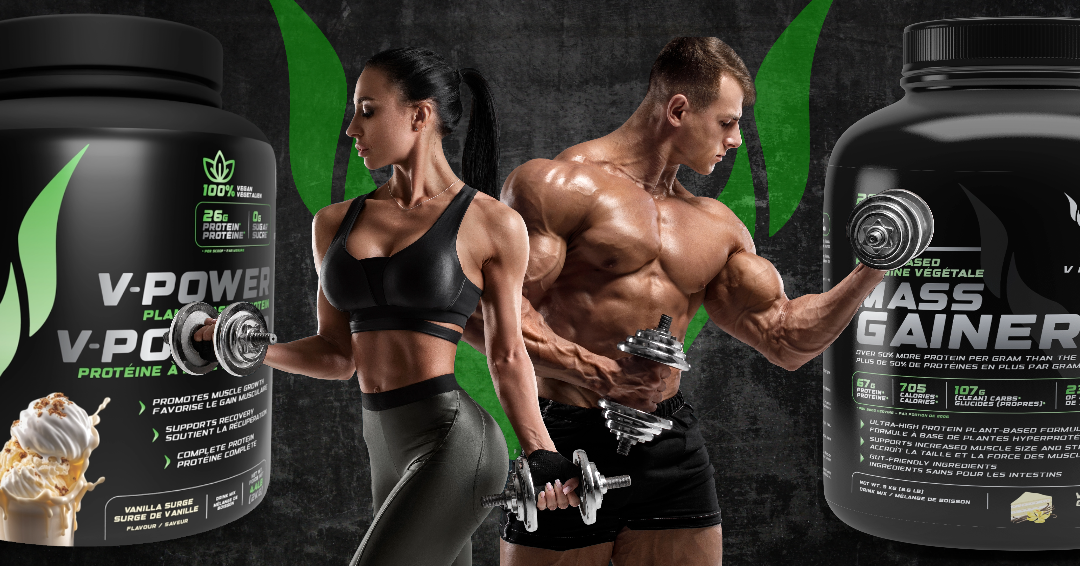
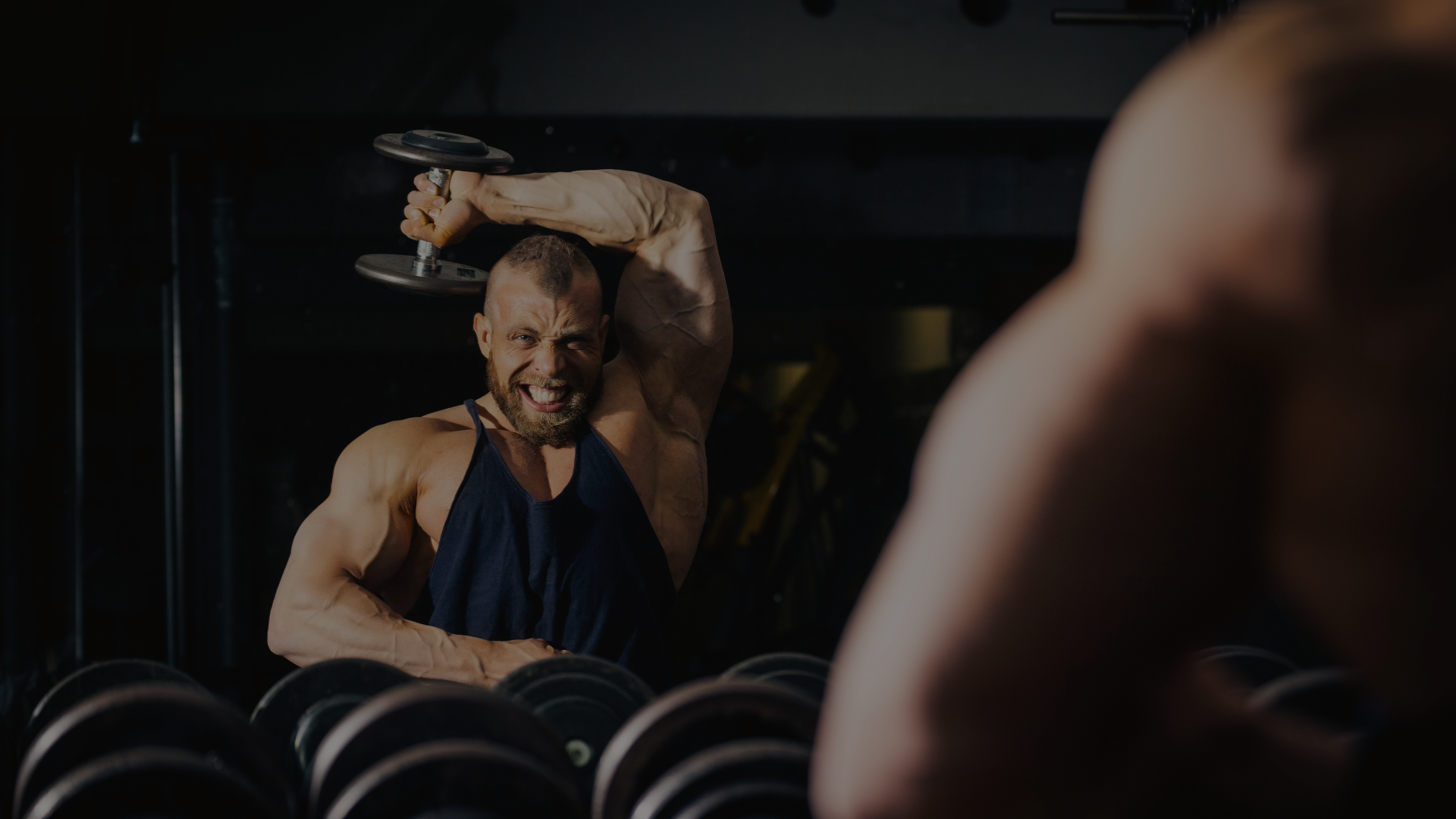
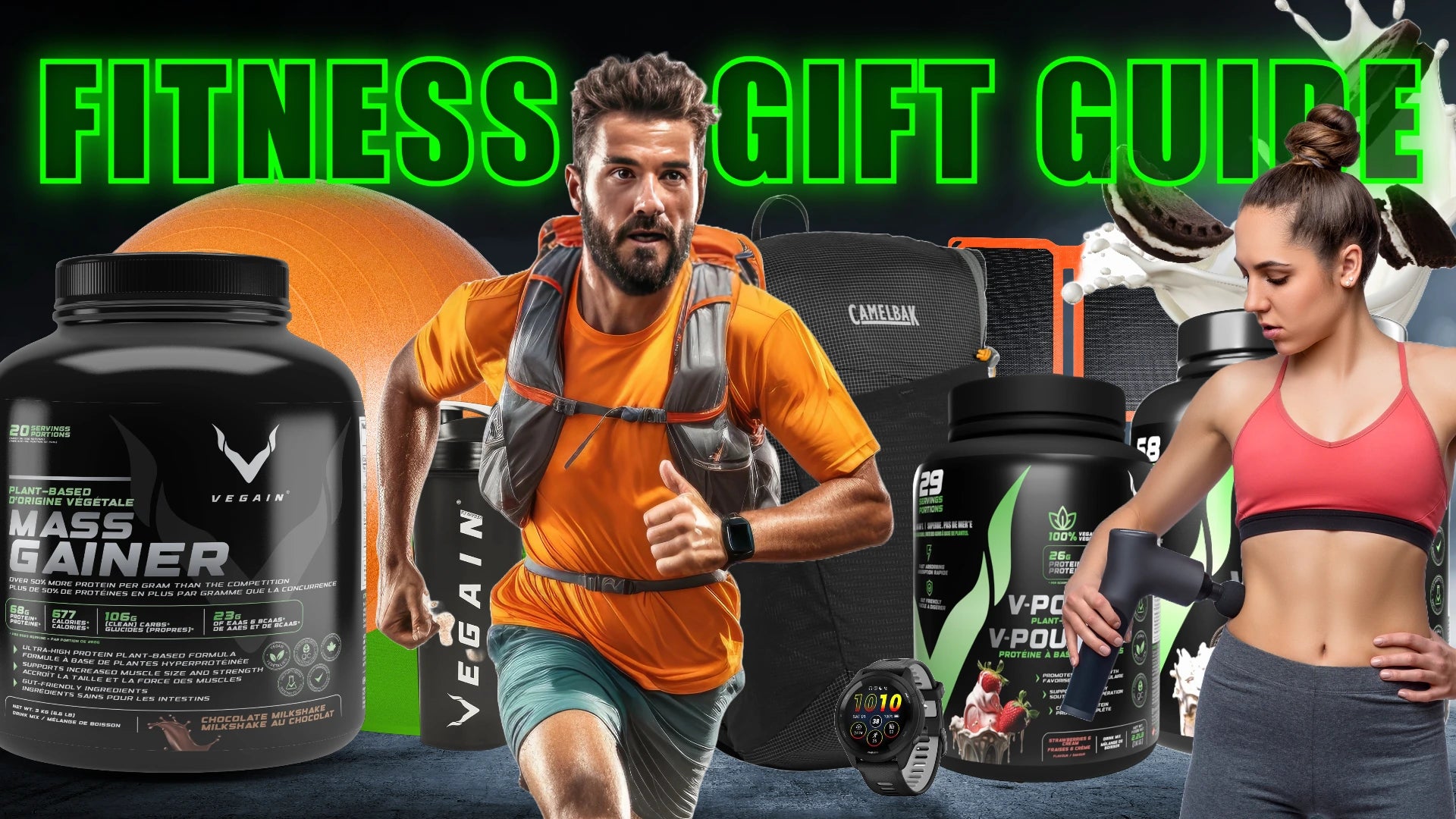
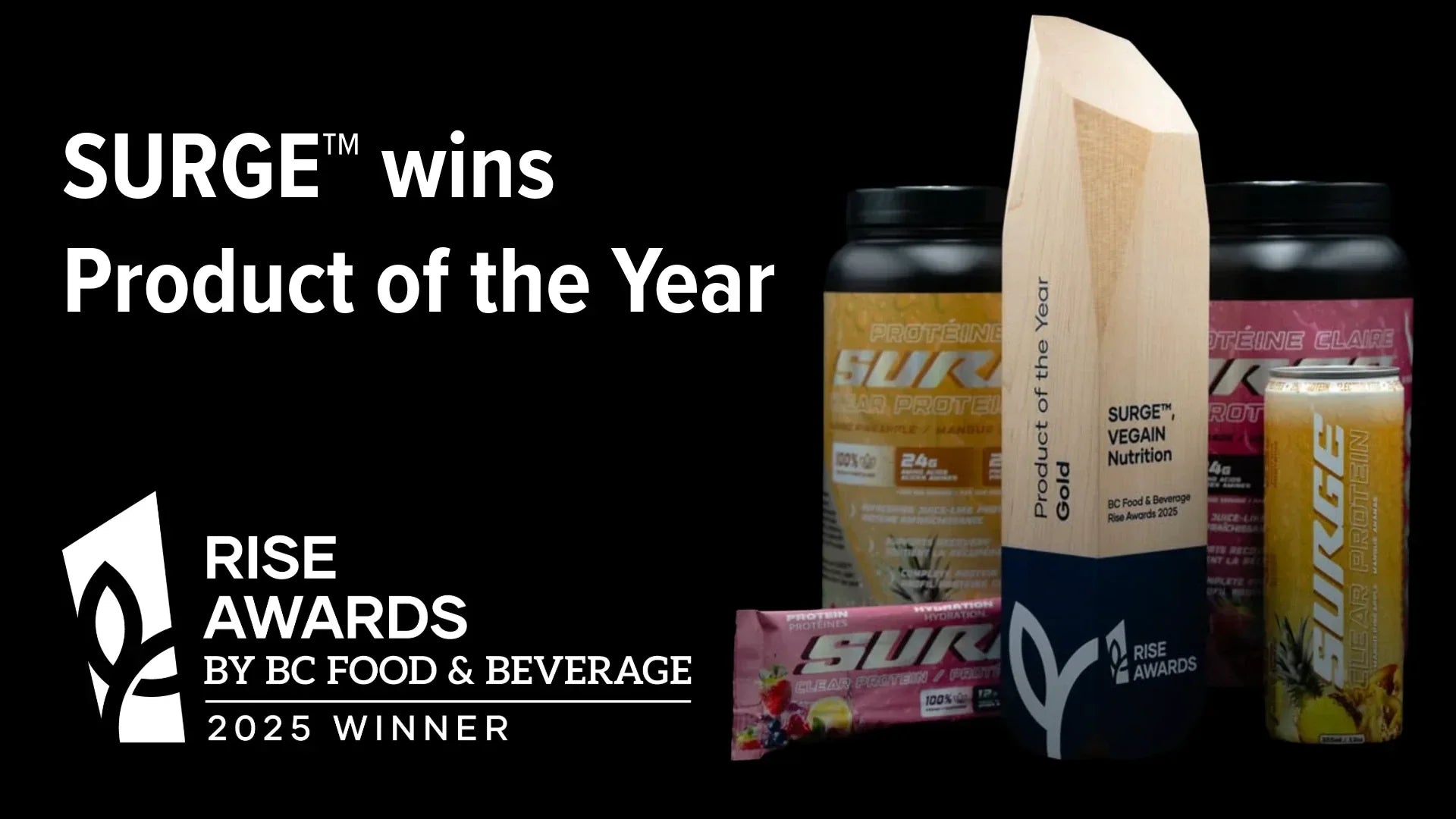
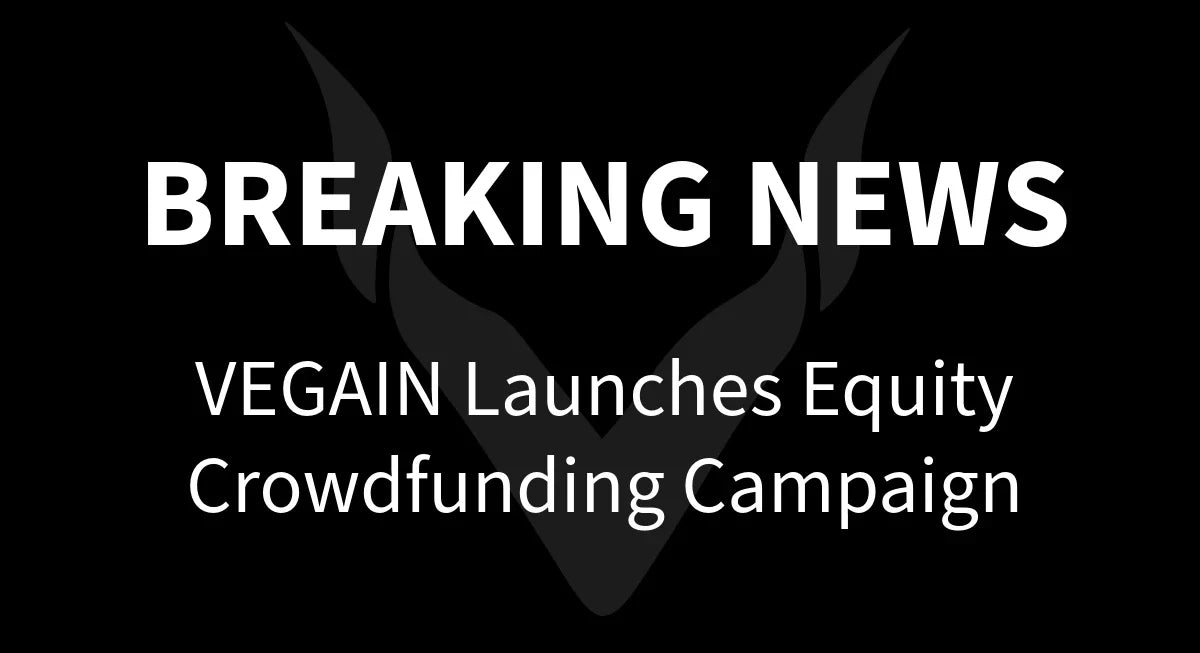

Leave a comment
This site is protected by hCaptcha and the hCaptcha Privacy Policy and Terms of Service apply.